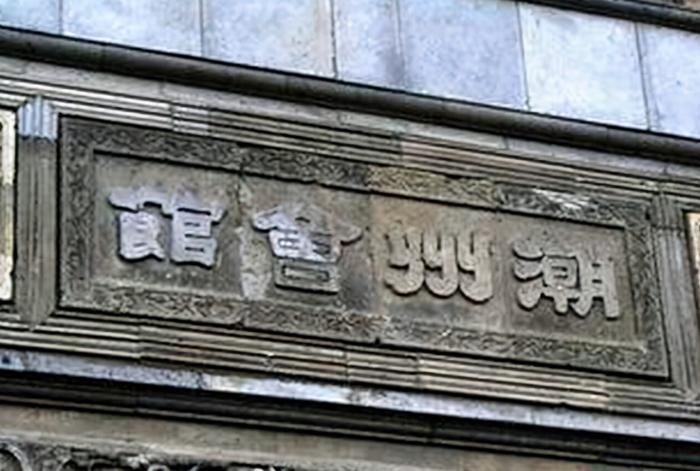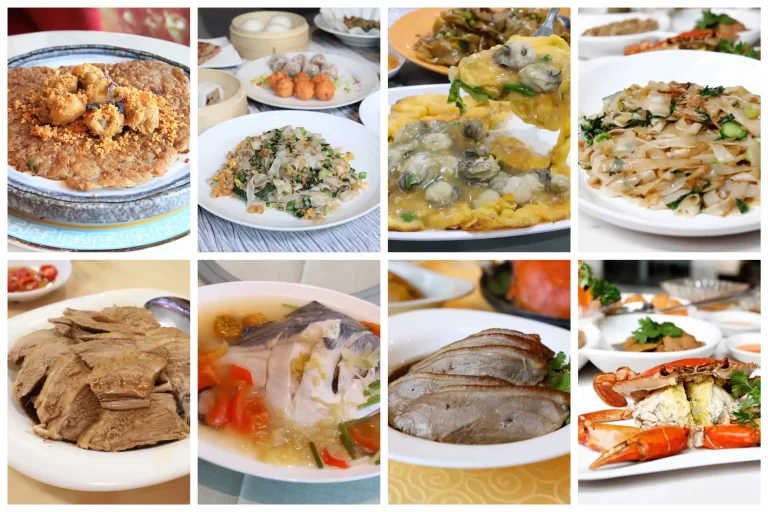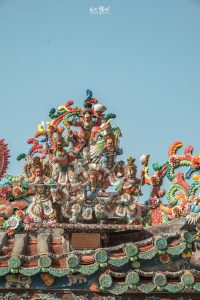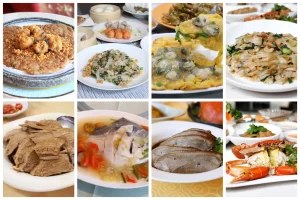In the vast landscape of global commerce, Teochew entrepreneurs shine like constellations, weaving tales of resilience, innovation, and collective triumph. Dubbed the “Jews of the East,” this community has produced legendary business figures such as Li Ka-shing, Ma Huateng, and Huang Guangyu. Their success is no accident—it stems from a deeply rooted cultural ethos shaped by centuries of migration, trade, and collaboration.
Let’s explore the five principles that define Teochew business philosophy and continue to inspire generations worldwide.
1. “Rather Sleep on the Floor Than Work for Others”: The Entrepreneurial Mindset
In Teochew culture, business isn’t just a career—it’s a way of life. Children grow up immersed in family enterprises, whether helping at a neighborhood grocery store or negotiating deals. Proverbs like “宁愿睡地板,不做打工人” (“Better sleep on the floor than be an employee”) and “工字不出头” (“The character for ‘labor’ never rises to the top”) reflect their disdain for wage dependency. This mindset fosters early exposure to risk-taking and opportunity-seeking.
Take Ma Huateng (Pony Ma), founder of Tencent. Raised in this environment, he combined Teochew pragmatism with tech vision. Starting with QQ, a localized instant messaging platform, Tencent expanded into gaming, fintech, and social media, becoming a global titan. Ma’s success illustrates how Teochew values—rooted in small-scale trade—adapt seamlessly to modern industries
2. “Dare to Win”: Relentless Ambition
The phrase “爱拼才会赢” (“Only the daring win”) encapsulates the Teochew spirit. Their history of maritime exploration and survival—from fleeing northern invasions to sailing to Southeast Asia during the 19th-century diaspora—forged a fearless attitude toward risk.
Li Ka-shing, Asia’s once-richest man, epitomizes this. Born into poverty in Chaozhou, he dropped out of school at 12, worked in a plastics factory, and eventually founded Cheung Kong Industries. His bold moves—like acquiring Hutchison Whampoa in 1979—defied norms and built a conglomerate spanning ports, energy, and telecoms. For Teochew entrepreneurs, adversity is fuel, not a barrier.
3. “Gaginan Strength”: The Power of Brotherhood
Teochew culture thrives on unity. The term gaginan (自己人, “my own people”) symbolizes an unbreakable bond. Within this network, resources, opportunities, and advice flow freely. When one succeeds, the collective rises.
Consider Huang Guangyu, founder of GOME Electronics. Starting as a small appliance seller, he leveraged Teochew connections for funding and mentorship. GOME’s “low-margin, high-volume” model revolutionized China’s retail sector, showcasing how collaboration turns individual ventures into empires. Today, institutions like the Teochew Business Federation (TBF) in Singapore formalize this tradition, uniting 500+ businesses to share expertise and globalize.
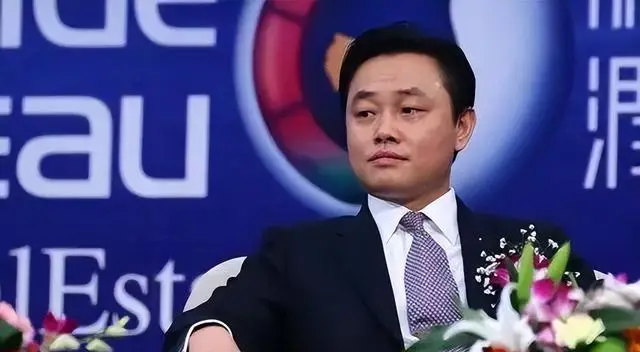
4. “Never Settle”: Agility in Innovation
.Teochew entrepreneurs are perpetual opportunists. From street vendors to tech moguls, they pivot swiftly to seize emerging trends. Xie Yuerong, founder of ARROW Home Group, exemplifies this. Beginning with ceramic toilets, he diversified into smart bathroom systems, anticipating consumer demands. His revenue hit ¥7.6 billion (2023), proving that adaptability is key to longevity.
This agility traces back to their migratory roots. The Teochew twice reshaped their destiny: first settling Guangdong’s plains after fleeing central China, then dispersing globally post-Opium War. Each era demanded reinvention—a legacy alive in modern ventures.
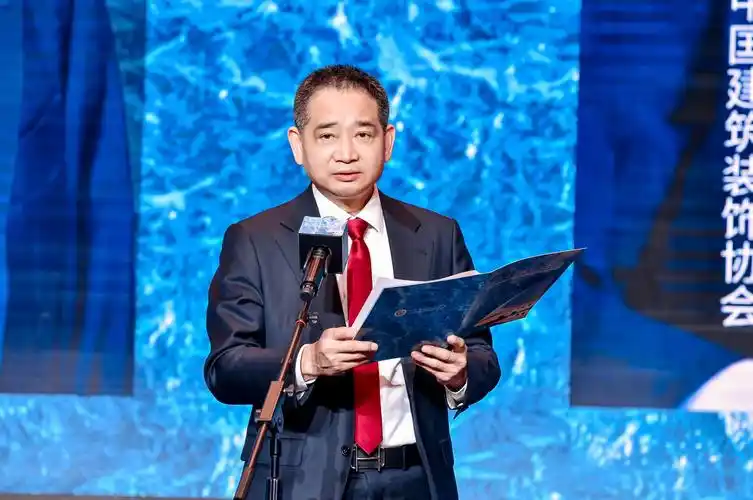
5. “Pennies Make Fortunes”: Meticulous Mastery
Teochew merchants are financial architects, constructing empires brick by brick through forensic accounting. The saying “打分打厘” (“Calculate to the last cent”) manifests in their operational DNA. Take Lim Por-yen (林百欣), the textile magnate who turned a small garment workshop into the multinational conglomerate Lai Sun Group.
Starting with 10 sewing machines in 1947, Lim slashed costs by vertically integrating production—from fabric sourcing to retail—while pioneering “just-in-time” manufacturing decades before Toyota perfected it. His 1960s breakthrough came by supplying tailored suits to British retailers at 30% lower margins than competitors, achieved through fabric waste reduction algorithms (cutting patterns yielded 98% utilization vs. industry-standard 85%).This precision extended to market timing: during the 1973 oil crisis, he stockpiled synthetic fibers before prices spiked 300%, securing three years of cost advantage.
Even as Lai Sun expanded into property (developing 60% of Macau’s luxury hotels) and media (acquiring Hong Kong’s ATV), Lim maintained micro-level control. Employees recall him reviewing utility bills line by line, once rejecting a $200 office chair purchase as “extravagant for a junior accountant.” His thrift funded bold moves—like outbidding Li Ka-shing for a prime Kowloon plot in 1992 by calculating future land-value increments to the decimal.
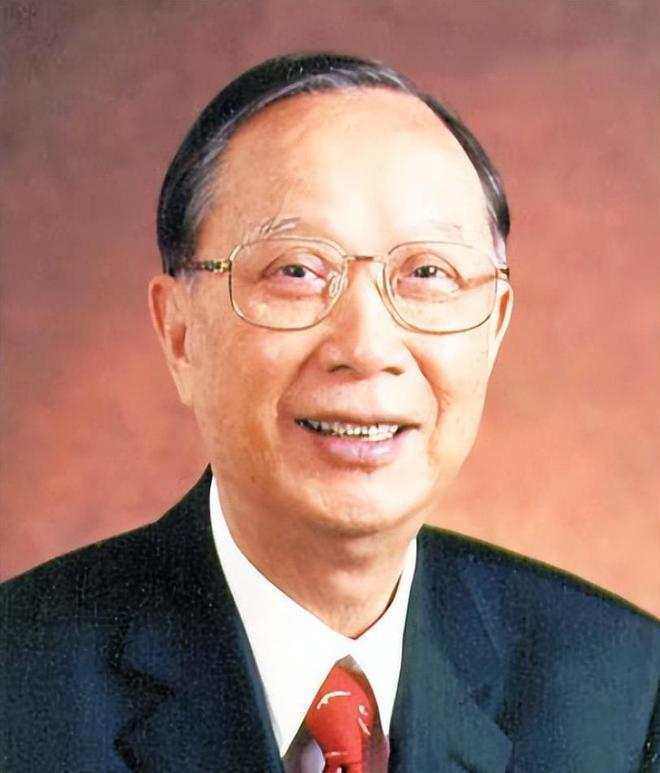
This duality—microscopic frugality paired with macroeconomic vision—propelled Teochew entrepreneurs like Lim to global prominence. Today, his legacy endures in institutions like Hong Kong’s Lingnan University, where a business ethics program teaches “The Lim Principle”: “Wealth grows in the cracks others overlook.”
Conclusion: Bridging Heritage and Global Vision
The Teochew story is one of resilience and reinvention. From ancient traders to modern titans, their principles—entrepreneurial grit, fearless ambition, brotherhood, adaptability, and financial acuity—transcend borders. Organizations like Singapore’s TBF and the global Teochew diaspora ensure these values endure, fostering cross-cultural dialogue and economic growth.
To the gaginan worldwide: your heritage is a compass. Whether in Shantou, Singapore, or Silicon Valley, the Teochew ethos—forged by centuries of struggle and triumph—remains a blueprint for success. As Li Ka-shing once said, “A river never drinks its own water; a true entrepreneur never rests on his gains.”
